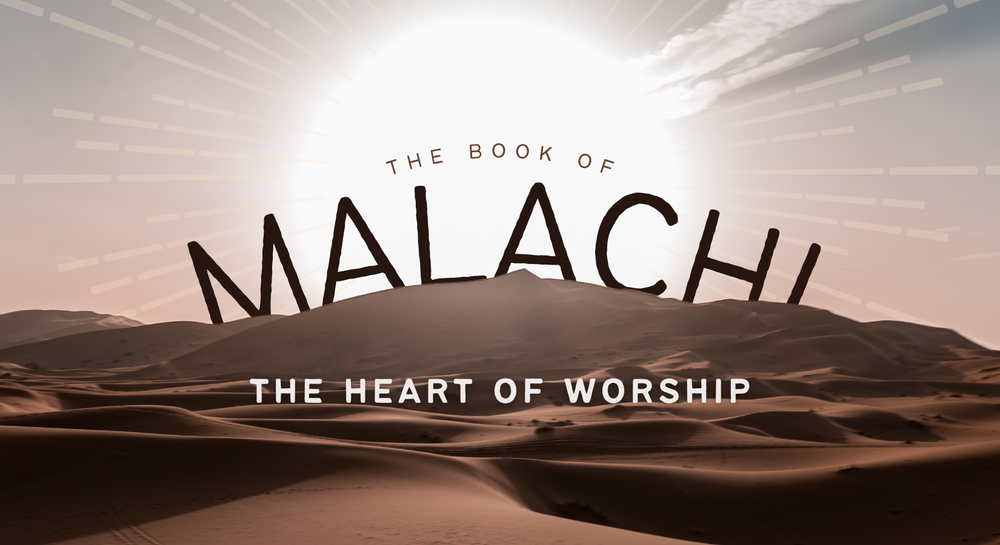In a world of constant change, there’s something profoundly comforting about the unchanging nature of God. As we navigate the complexities of life, including our relationship with money and possessions, it’s crucial to anchor ourselves in this fundamental truth: God remains steadfast, even when we falter.
The book of Malachi offers a powerful reminder of this reality. In chapter 3, verse 6, we read, “I the Lord do not change. So you, the descendants of Jacob, are not destroyed.” This declaration serves as the foundation for a challenging yet transformative conversation about generosity, stewardship, and the condition of our hearts.
Throughout history, God’s people have struggled with the temptation to turn away from His decrees. Yet, in His unchanging love and mercy, God continually calls us to return to Him. This invitation to repentance isn’t just about outward actions; it’s a call for wholehearted devotion. When it comes to matters of giving and generosity, the state of our hearts is paramount.
The concept of tithing, giving a tenth of one’s income, has deep roots in Scripture. However, the underlying principle goes beyond mere percentages. It’s a recognition that everything we have comes from God, and we are merely stewards of His resources. When we withhold our tithes and offerings, we’re not just shortchanging a religious institution—we’re robbing God Himself.
This may sound harsh, but it’s a wake-up call to examine our priorities and the place that material possessions hold in our lives. God challenges His people to “test” Him in this area, promising to “throw open the floodgates of heaven and pour out so much blessing that there will not be room enough to store it” (Malachi 3:10). It’s important to note, however, that this isn’t a simplistic formula for material prosperity.
The prosperity gospel, which promises health and wealth in exchange for financial contributions, is a dangerous distortion of biblical truth.It reduces our relationship with God to a transactional exchange and often preys on the vulnerable. Jesus Himself warned about the dangers of wealth, stating that it’s difficult for the rich to enter the kingdom of God (Matthew 19:24) and that we cannot serve both God and money (Matthew 6:24).
Yet, in rejecting the prosperity gospel, we must be careful not to swing to the opposite extreme. The Bible does speak positively about wealth when it’s used responsibly and generously. We see examples of this in both the Old and New Testaments, from Job’s restored fortune to the women who supported Jesus’ ministry financially.
The key lies in understanding that money itself is neutral—it’s our heart’s attitude toward it that matters. Wealth can be a powerful tool for good when it leads to sacrifice and generosity. It can also be a dangerous idol if it becomes our primary focus and source of security.
For those blessed with abundance, the challenge is to use those resources for God’s glory and the good of others. Support ministries, give to those in need, and remember that every good gift comes from above. If you’re struggling financially, take heart in knowing that God has a special place in His heart for those with little. Your generosity, no matter how small it may seem, is precious in His sight.
The story of the poor widow who gave her last two coins (Mark 12:41-44) beautifully illustrates this principle. Jesus commended her not for the amount she gave, but for the sacrificial nature of her giving. It’s a powerful reminder that generosity is more about the condition of our hearts than the size of our bank accounts.
As we reflect on our own giving, it’s essential to approach it with joy and intentionality. The apostle Paul encourages us in 2 Corinthians 9:7, “Each of you should give what you have decided in your heart to give, not reluctantly or under compulsion, for God loves a cheerful giver.” This isn’t about guilt or obligation, but about aligning our hearts with God’s generous nature.
Jesus Christ is our ultimate example of sacrificial giving. As Paul reminds us in 2 Corinthians 8:9, “For you know the grace of our Lord Jesus Christ, that though he was rich, yet for your sake he became poor, so that you through his poverty might become rich.” This richness isn’t primarily material—it’s the spiritual wealth of reconciliation with God and the promise of eternal life.
When we embrace this perspective, it transforms our approach to giving. We begin to ask, “How can I give like Jesus gave?” This leads to radical, costly, love-filled generosity that flows from a deep desire for God’s glory and the good of others.
As we step out in faith and generosity, we often discover a beautiful paradox: the more we give, the more we receive. This isn’t always in material terms, but in the joy, peace, and sense of purpose that comes from aligning our lives with God’s will. We may experience God’s provision in unexpected ways, or we may find contentment in having less.
Ultimately, the greatest blessings of generosity are often intangible and eternal. When we give sacrificially, we’re investing in God’s kingdom and storing up treasures in heaven (Matthew 6:20). We’re also cultivating a heart that’s more aligned with God’s heart, growing in trust, compassion, and love.
The invitation from Malachi 3:10 to “test” God in this area of giving is still relevant today. It’s not about manipulating God for personal gain, but about stepping out in faith and experiencing His faithfulness. As we do so, we may find that God opens the “floodgates of heaven” in ways we never expected—perhaps through deeper relationships, increased compassion, or a profound sense of purpose.
In a world that often equates worth with wealth, embracing biblical generosity is a powerful counter-cultural statement. It declares that our security lies not in our possessions, but in the unchanging nature of God. It proclaims that true riches are found in knowing and serving Him.
As we navigate our relationship with money and possessions, may we continually return to the heart of the matter: our relationship with God. May we trust in His unchanging nature, even as we change and grow. And may our lives be marked by the kind of radical generosity that reflects the heart of our infinitely generous God.
Rev. Joshua Ryu


